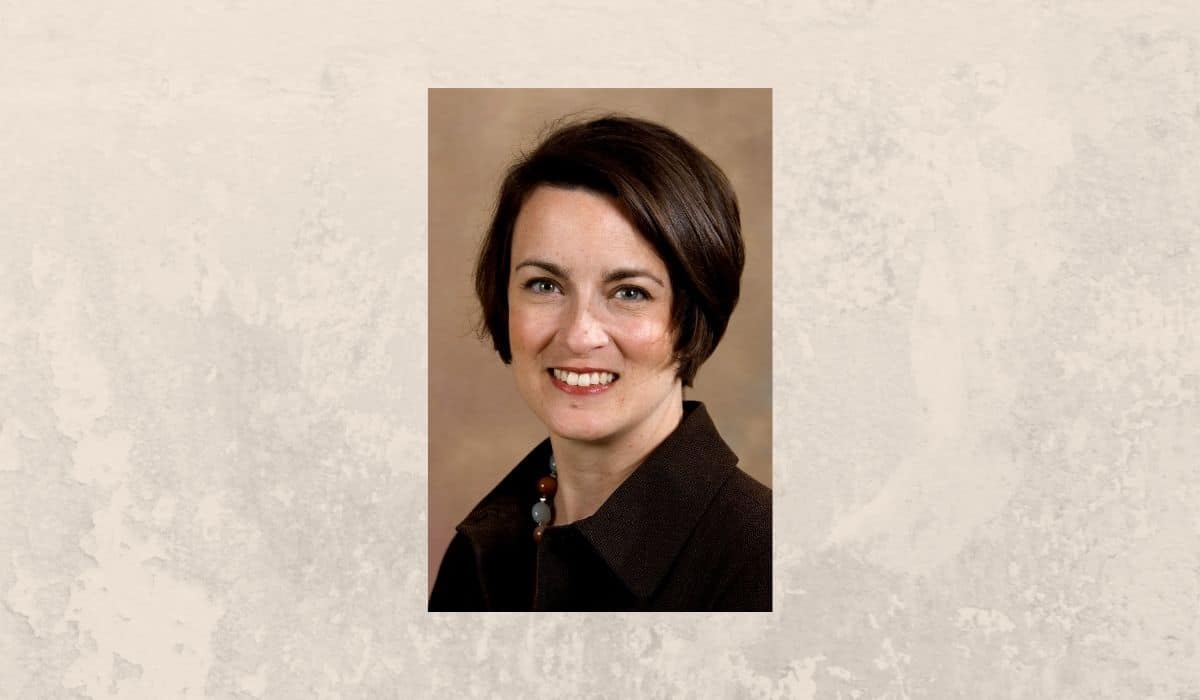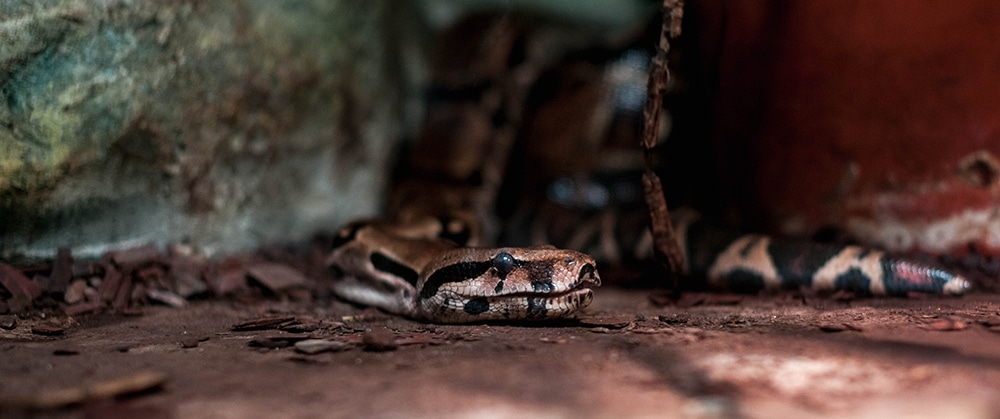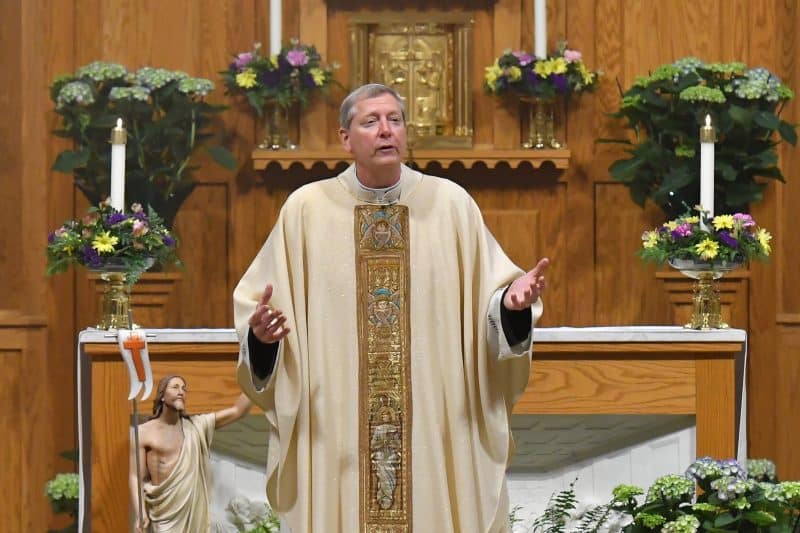 Question: Are laypeople allowed to impose their hands on others and pray for healing or the outpouring of the Holy Spirit or offer a blessing? Is there any doctrine on this? Are we allowed to accept prayer from other people who want to touch us and pray for us? I have also heard the claim that laying on of hands either by others or oneself for others can lead to possession by Satan.
Question: Are laypeople allowed to impose their hands on others and pray for healing or the outpouring of the Holy Spirit or offer a blessing? Is there any doctrine on this? Are we allowed to accept prayer from other people who want to touch us and pray for us? I have also heard the claim that laying on of hands either by others or oneself for others can lead to possession by Satan.
— Marie Nuar, via email
Answer: It is certainly permissible and encouraged for laypeople to pray for one another. Indeed, the charism to bring physical or spiritual healing and consolation to others is not exclusive to the clergy. When praying, however, the laity should not use priestly gestures such as the laying of hands upon a person’s head or making the sign of the cross over them similar to the gesture of priests when giving a blessing. If hands are imposed when praying with someone, it is better to place them upon the shoulders.
A further area of some concern is the practice of laypeople anointing one another with blessed oil. While there is widespread toleration of the practice, the concern is that it resembles too closely the Sacrament of the Anointing of the Sick, and many people are genuinely confused as to what is actually taking place.
That said, blessed olive oil can be used by the faithful themselves, somewhat like holy water or blessed salt. Obviously, it is not sprinkled about, but one can anoint a sore hand or arm, or they can, for example, anoint the doorpost of a home or room, a bedpost, a holy statue, etc., to bring blessings and ward off evil. And since it is olive oil, it can even be consumed by the faithful, as can blessed salt. Some, for example, take a small teaspoon with a pinch of blessed salt to bring soothing blessings and healing when there are chronic stomach issues. Others use a small amount of blessed oil together with bread for similar purposes. Certainly blessed oil should not be indiscriminately used like regular olive oil, but adding a small amount to a salad for the religious purpose of bringing blessings or healings or warding off evil is not out of place.
As for the laying on of hands leading to possible possession, this has been reported. But it is rare. Surely, one ought not indiscriminately permit strangers to pray over them. Such individuals, whether knowingly or not, may open doors to evil spirits or erroneous religious beliefs or superstitious practices. However, for fellow Catholics and Christians to pray for each other is not likely a conduit for evil. Trustworthiness, however, is an important component when sharing in interpersonal prayer.
‘Eternal rest’
Question: In our prayers, we ask that the souls of the faithful departed rest in peace. “Eternal rest” doesn’t sound as though there is much joy and happiness in heaven.
— Rex Gogerty, via email
Answer: “Rest” doesn’t mean sleep in this case. It means to be free from one’s labors and from the vicissitudes of a wearisome world. When God “rested” on the seventh day of creation, he did not take a nap. Rather, he enjoyed the fruits of his creative work. We, too, are commanded to rest on the Sabbath (which we fulfill on Sunday) — that is, we are to refrain from unnecessary work and spend time enjoying our families and the fruits of our labors.
As for the word “eternal,” it does not merely signify the length or duration of something. Rather, it signifies the fullness of something. Hence, “eternal life” doesn’t merely mean to live forever and ever and ever; it means to enjoy the fullness of life.
So, in heaven, we will be fully alive and freed from burdens, sorrows and setbacks. We will have joys unspeakable and glories untold.
Sacred oils
Question: What do the priests do with unused holy oils from the year before?
— Melody Marshall, via email
Answer: The sacred oils (chrism, oil of the sick and the oil of catechumens) are properly disposed of by burning them. Alternatively, they can be buried on church grounds in a respectable place over which people do not walk. They should be buried deep enough so that they do not appear on the surface. As for the vessels and vials they are stored in, these should be cleaned with warm soapy water, and the water is poured into a special sink called the sacrarium, which drains not to the sewer but to a dry well under the church.
Msgr. Charles Pope is the pastor of Holy Comforter-St. Cyprian in Washington, D.C., and writes for the Archdiocese of Washington, D.C. at blog.adw.org. Send questions to msgrpope@osv.com.







